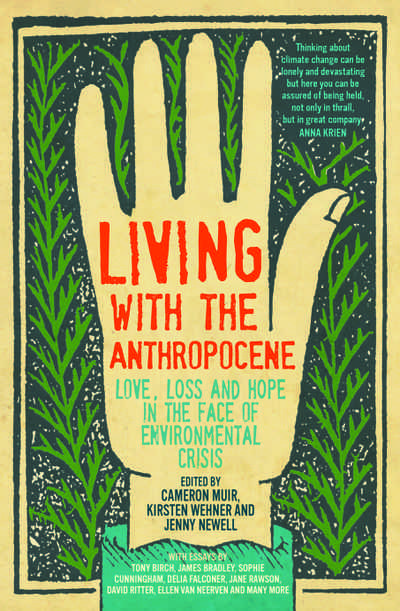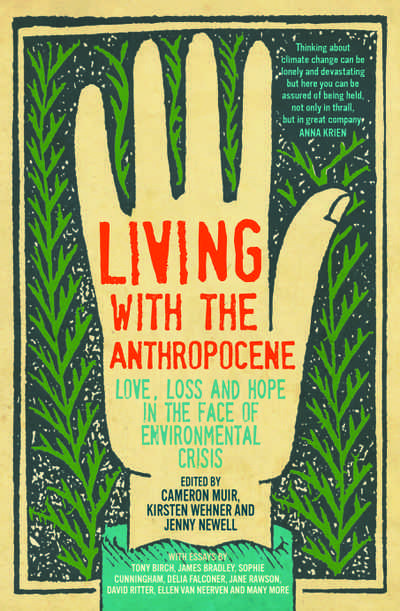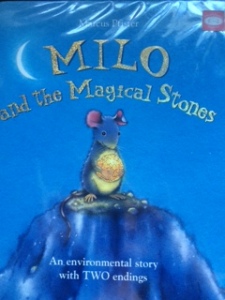Ecology has taught us that the entire Earth is part of our body and that we must learn to respect it as we respect ourselves. As we love ourselves, we must also love all forms of life in the planetary system – Bob Hunter. Greenpeace.
Living with the Anthropocene. Love, loss and hope in the face of Environmental Crisis is a timely book for the current situation our world is in.
Filled with short essays from the perspective of different Australian people who come from a range of backgrounds, this book will open up your eyes to the changes some people are making in their own lives or in the lives of others to ensure our world stops hurtling towards the even more devastating effects of Climate Change.
Stories that range from how to move off the grid to how to raise awareness through documentary, research that is helping us to understand the devastating effects of climate change to some pockets of hope are all included and well documented.
I cannot say this is a happy book to read and at times I did feel a huge sense of loss BUT a common thread throughout many of these stories is just how hard small groups of individuals are working to raise awareness, to make changes and to make a difference.
Read this book, take what you want from it but overall take the sense that there are others out there wanting for change and you are not alone. We have to do this – we have to move ahead without this constant sense of loss that overruns many of us. We have to act now to make a difference.
We human beings, when we work together, can achieve practically anything. Let’s make it a green peace. In the name of love, we can yet do this. So that the children growing up in the distant future may take for granted our great achievement. (Pp356 David Ritter)



